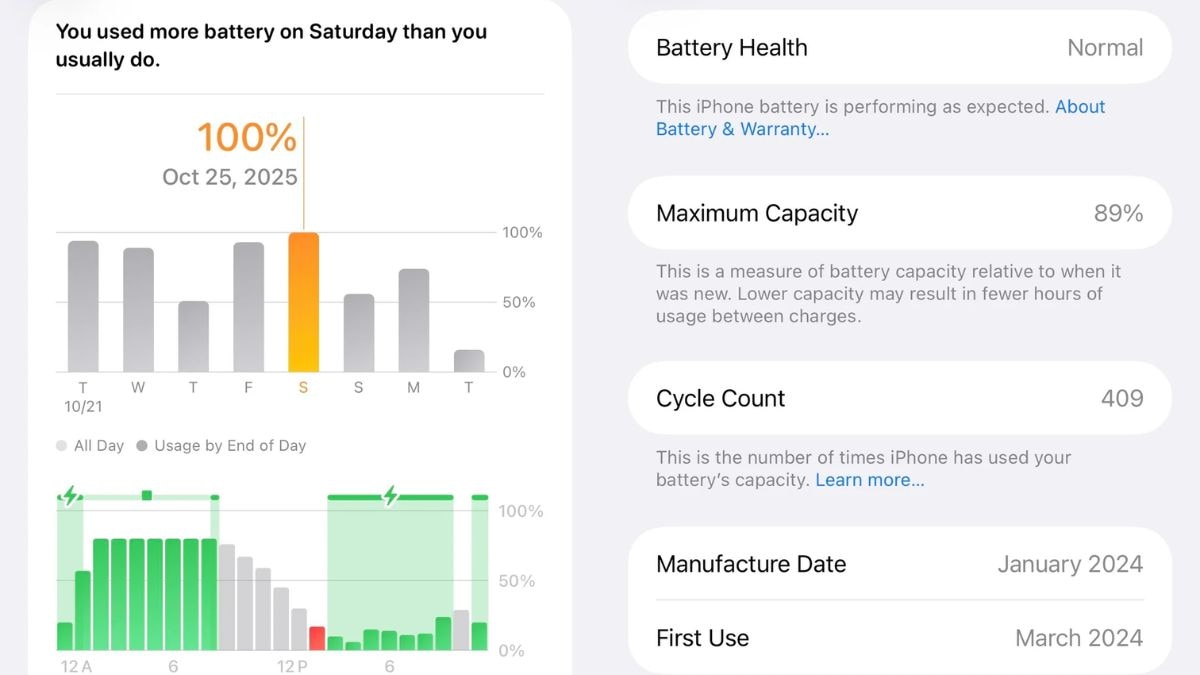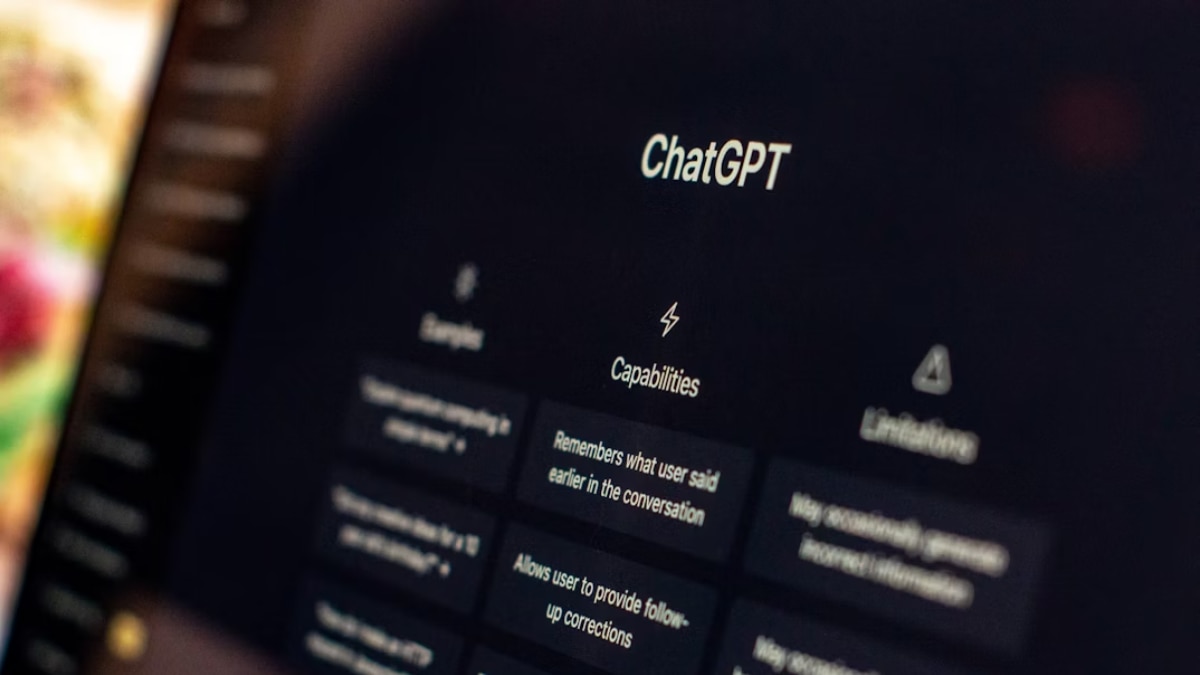
<p><strong><em>By Jaspreet Bindra</em></strong></p>
<p><span style=”font-weight: 400;”>Artificial Intelligence today borders on the extraordinary. It can compose essays, write code, create art, and even simulate empathy or at least, it seems that way. As these systems grow eerily human-like, a deeper question surfaces: are we truly teaching machines to think, or just to perform a convincing act of imitation?</span></p>
<p><span style=”font-weight: 400;”>To answer that, let’s look at how AI “learns.” Generative models don’t think in human terms; they possess no feelings, consciousness, or intent. Instead, they absorb massive amounts of data, text, images, and sounds and identify recurring patterns. When prompted, they predict what should logically follow: the next word, image pixel, or musical note. What appears as creativity is, in essence, prediction on a monumental scale.</span></p>
<p><span style=”font-weight: 400;”>Still, the illusion is powerful. When ChatGPT writes a heartfelt poem, it isn’t feeling heartbreak; it’s statistically arranging words to mirror what heartbreak sounds like. When an AI “artist” creates beauty, it doesn’t perceive it; it replicates our interpretation of it. AI doesn’t </span><em><span style=”font-weight: 400;”>feel</span></em><span style=”font-weight: 400;”> or </span><em><span style=”font-weight: 400;”>understand</span></em><span style=”font-weight: 400;”>; it performs an exquisite act of mimicry, choreographed by algorithms and probability.</span></p>
<p><span style=”font-weight: 400;”>This reflection is what makes AI fascinating because it mirrors humanity back to itself. It reproduces our genius and our prejudice, our imagination and our flaws. AI is not just a mirror of human intelligence; it’s also a reflection of our collective bias. In doing so, it forces us to revisit an age-old question: is intelligence about truly understanding, or about appearing to?</span></p>
<p><span style=”font-weight: 400;”>Alan Turing explored this paradox in 1950 through his famous test if a machine can fool us into thinking it’s human, does that make it intelligent? For years, it was a thought experiment. Today, it’s everyday life. We interact with chatbots and digital assistants that pass the Turing Test with ease. Yet, they remain devoid of self-awareness. The truth is, our minds are wired to anthropomorphise to see consciousness where there’s only computation.</span></p>
<p><span style=”font-weight: 400;”>So, the real danger isn’t that AI will think like us, but that </span><em><span style=”font-weight: 400;”>we’ll start believing it does.</span></em><span style=”font-weight: 400;”> As these systems become more capable, it’s crucial to remember what they truly are: powerful simulators of intelligence, not possessors of it. The line between imitation and understanding must never blur in our perception.</span></p>
<p><span style=”font-weight: 400;”>Perhaps, though, imitation is the first step toward genuine thought, just as children learn through mimicry before developing reasoning. Could machines one day follow a similar path? Possibly. But for now, AI does not </span><em><span style=”font-weight: 400;”>think</span></em><span style=”font-weight: 400;”>; it reflects. It does not </span><em><span style=”font-weight: 400;”>understand</span></em><span style=”font-weight: 400;”>; it predicts. In that reflection lies both immense potential and real peril. Our goal, therefore, is not to humanise machines but to remain human enough to recognise when the reflection ends and reality begins.</span></p>
<p><em><span style=”font-weight: 400;”>(The author is the </span><span style=”font-weight: 400;”>Co-founder of AI & Beyond</span><span style=”font-weight: 400;”>)</span></em></p>
<p><em><span style=”font-weight: 400;”><strong>Disclaimer:</strong> The opinions, beliefs, and views expressed by the various authors and forum participants on this website are personal and do not reflect the opinions, beliefs, and views of ABP Network Pvt. Ltd.</span></em></p>


